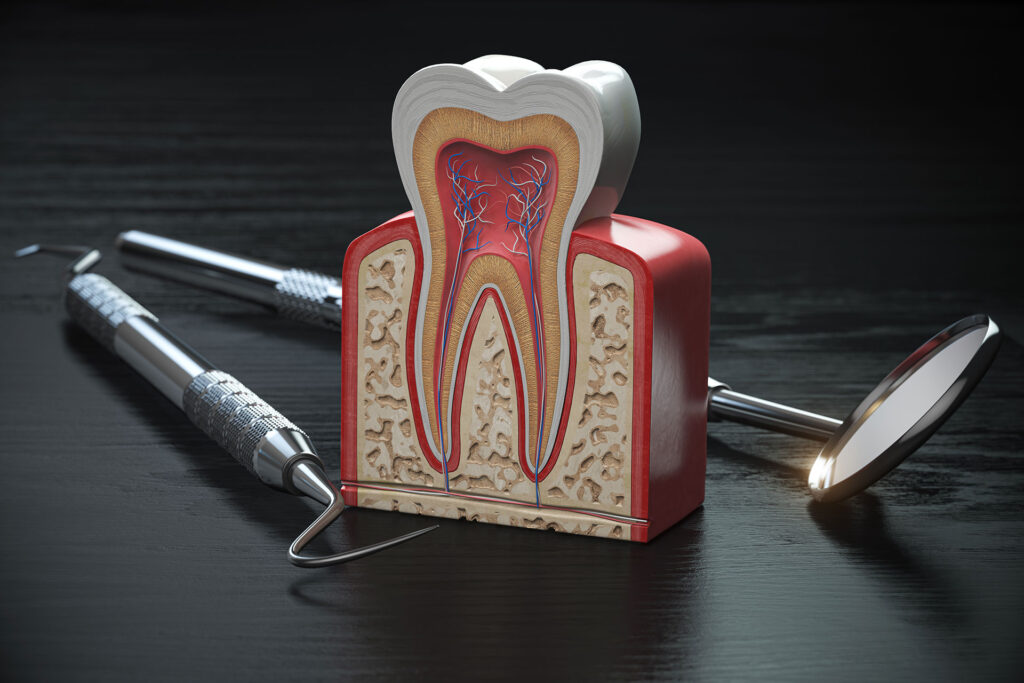
What is Endodontics?
Endodontics is a term derived from the Latin word. As a root word, the word “endo” means inside in Turkish, while the word “donti” means tooth. As it can be understood from here, this term generally constitutes the department related to the diagnosis and treatment of the diseases that occur in the veins and sensitive sinuses that form the inner part of the tooth. Physicians dealing with this branch of dentistry are called endodontists.
This term is the general nomenclature used to describe the procedures performed in root canal treatment. Root canal treatment is a general form of treatment for the removal of the disease in the dental pulp (popularly defined as “nerve”).
At Which Stage Is Endodontics Necessary?
The main reason for sensitivity in the teeth is the formation of nerve vessels. For this reason, the main cause of toothache is nerve disorders. In this context;
- Deep caries in the tooth,
- Damage to the tooth as a result of hard impact,
- Crack in teeth
- Endodontic treatment is required in inflammatory swellings that occur as a result of disorders such as deep splits in the teeth.
If the tooth in the condition mentioned here is not intervened, abscess formation will occur in the tooth. In addition, the main problem in the inflammation of the tooth is the intervention without knowing it. This intervention can cause worse damage to the tooth. In this direction, we serve with the awareness of the importance of the diagnosis necessary for the correct treatment.
How is Endodontics Done?
Endodontic treatment or root canal treatment consists of certain stages. We make the necessary diagnosis on the tooth of the patient who comes with the complaint of pain and swelling. Then, we start the patient-specific treatment process with our expert team and quality equipment. This process;
- Removing the nerve vessel damaged in the teeth from that area,
- Meticulous disinfection of the cavity formed in the tooth,
- Enlargement of the existing canal path in the teeth,
- Filling the canal space according to the damage,
- It proceeds in the form of completely closing the canal road after filling.
As the general bond between the tooth and the surrounding tissue is cut in this way, the risk of any re-infection is minimized. In addition, although the tooth has come to a dead position, we will still retain the functionality necessary for chewing.
Since the teeth, which are the beginning of the digestive system, affect human health in general, the treatment process should be done with great care. We have been serving with the sensitivity and dedication we have shown in every intervention in the dental field since the day we were founded, with the awareness of how sensitive the tooth is.
Have you seen our periodontology service?
